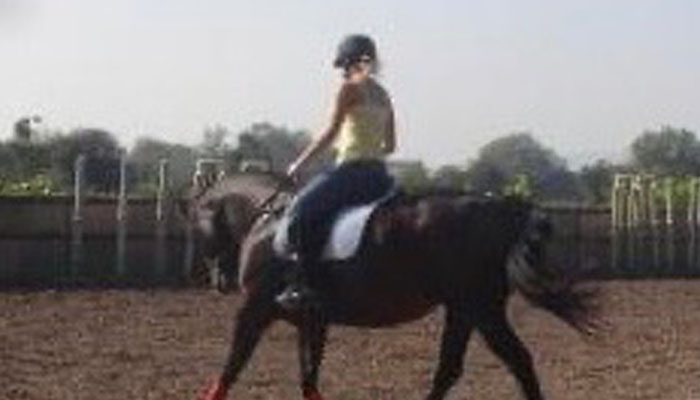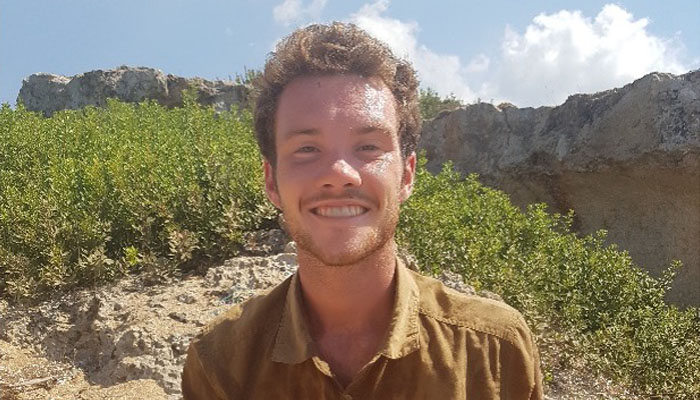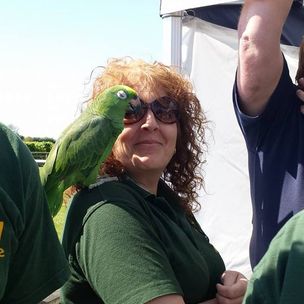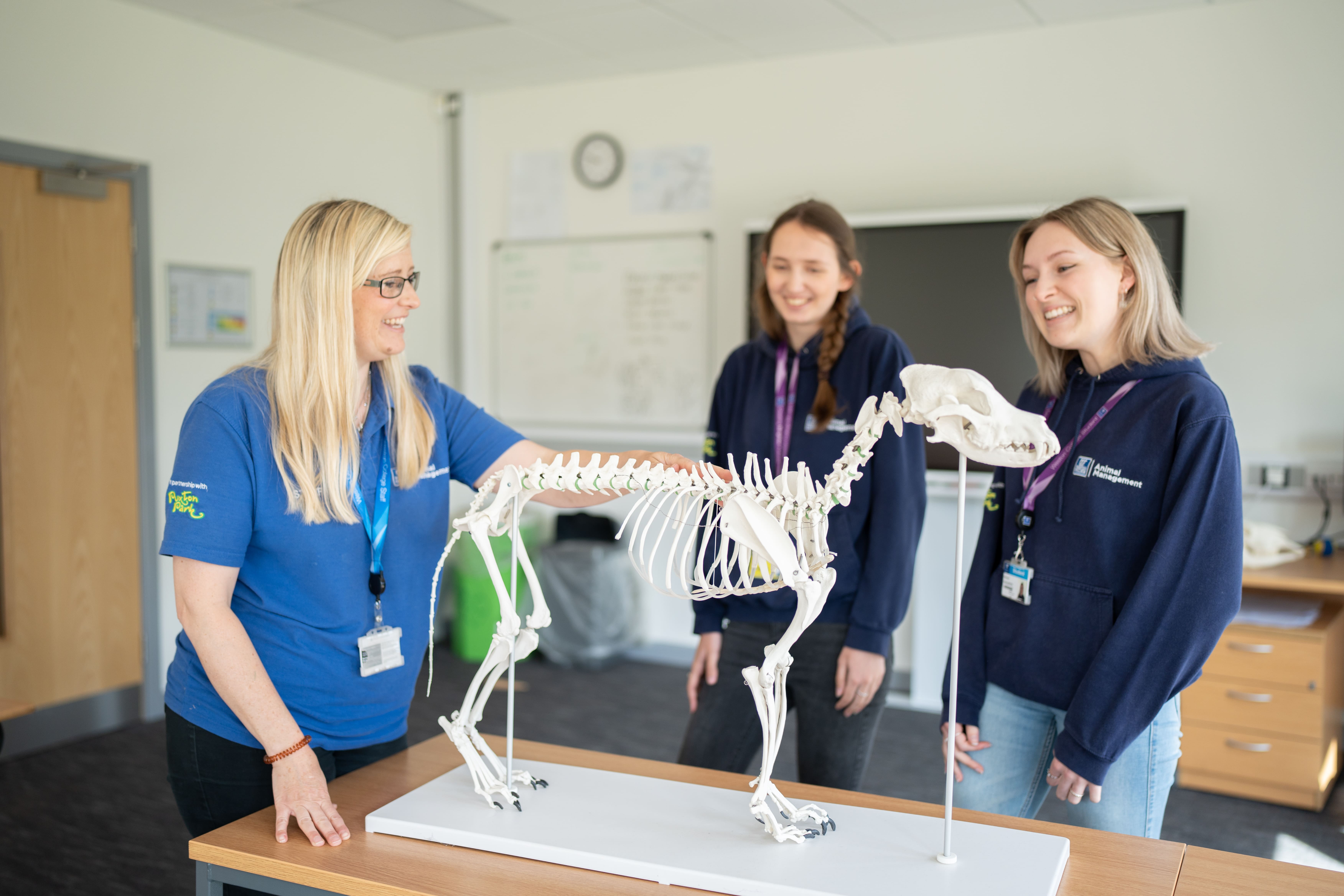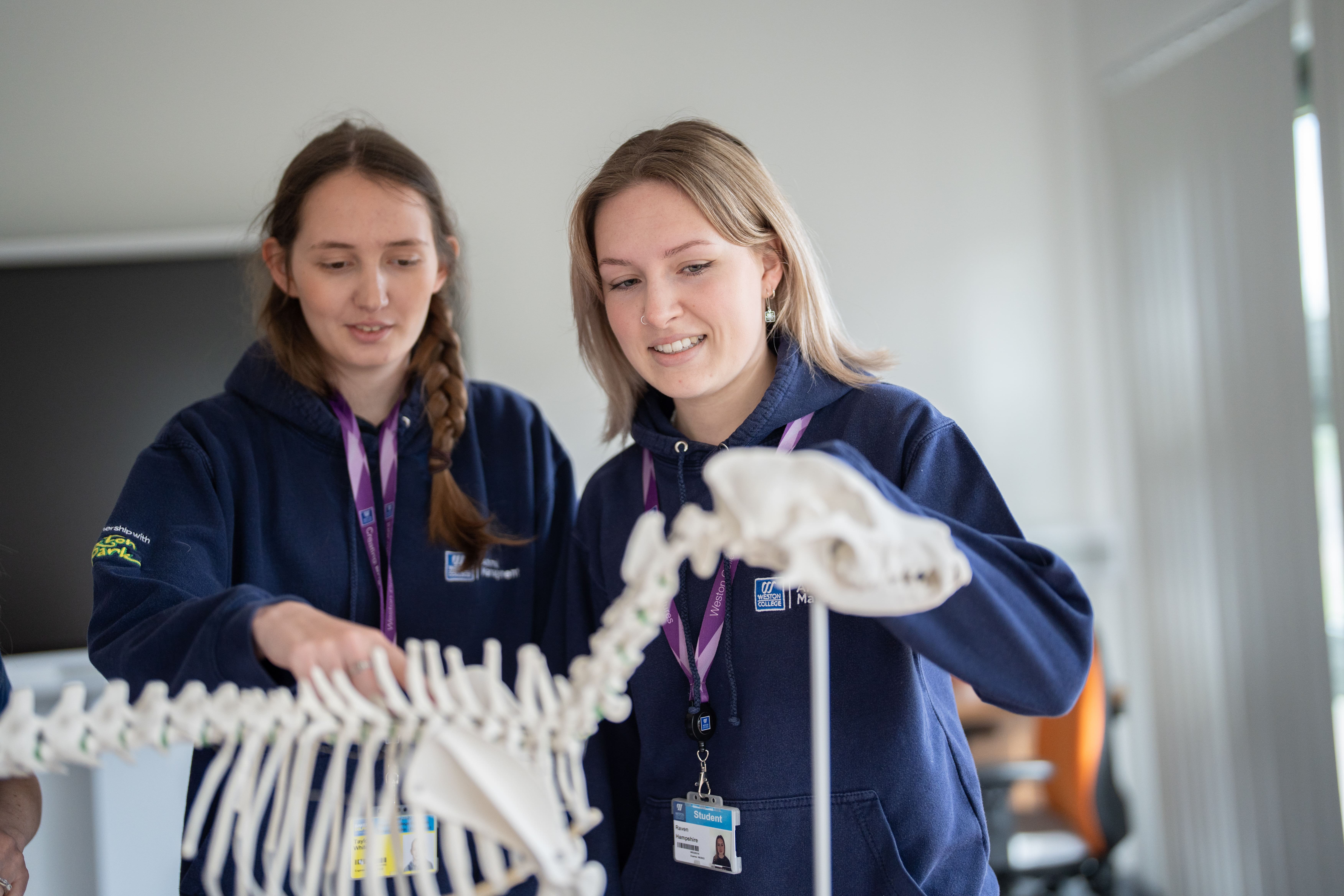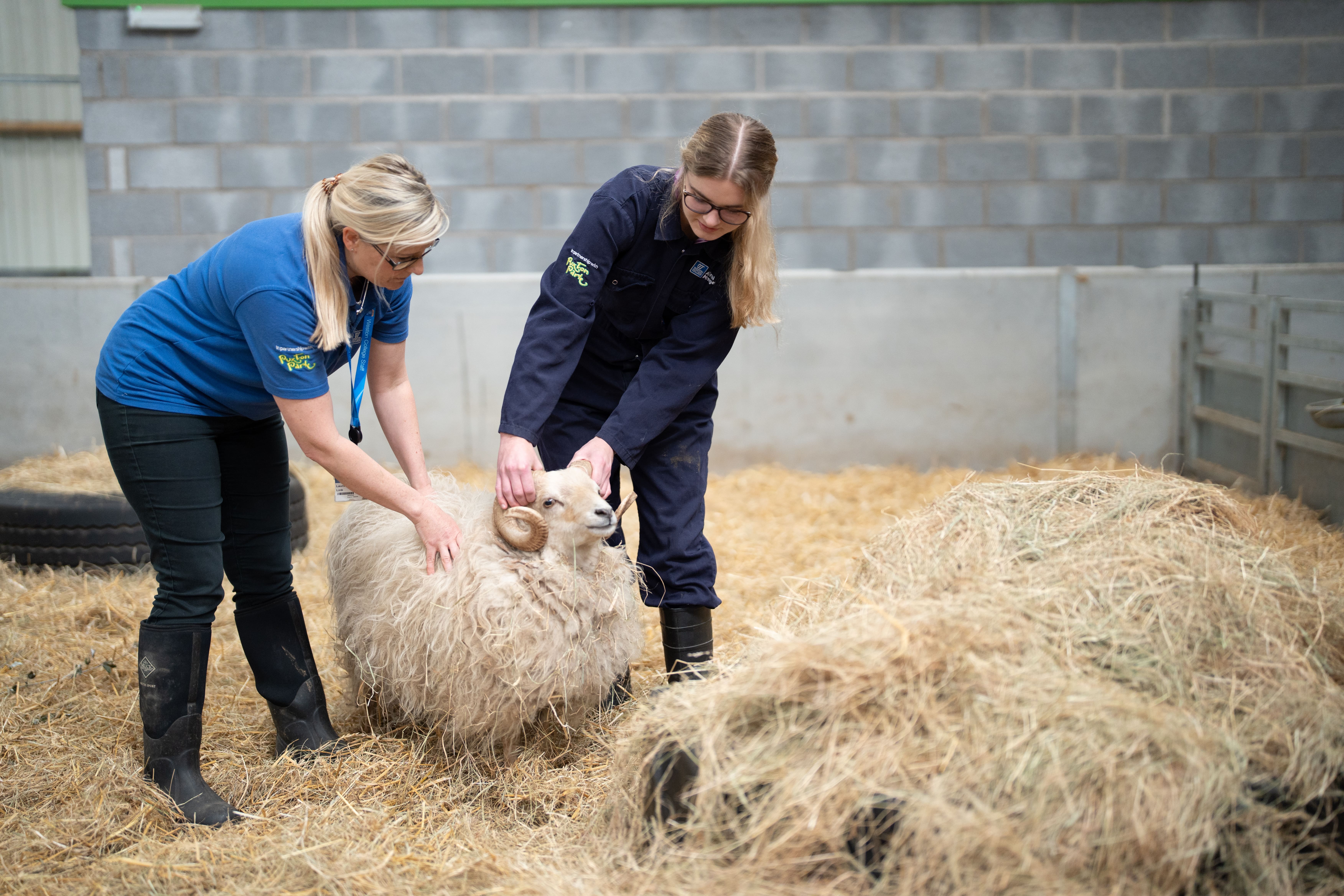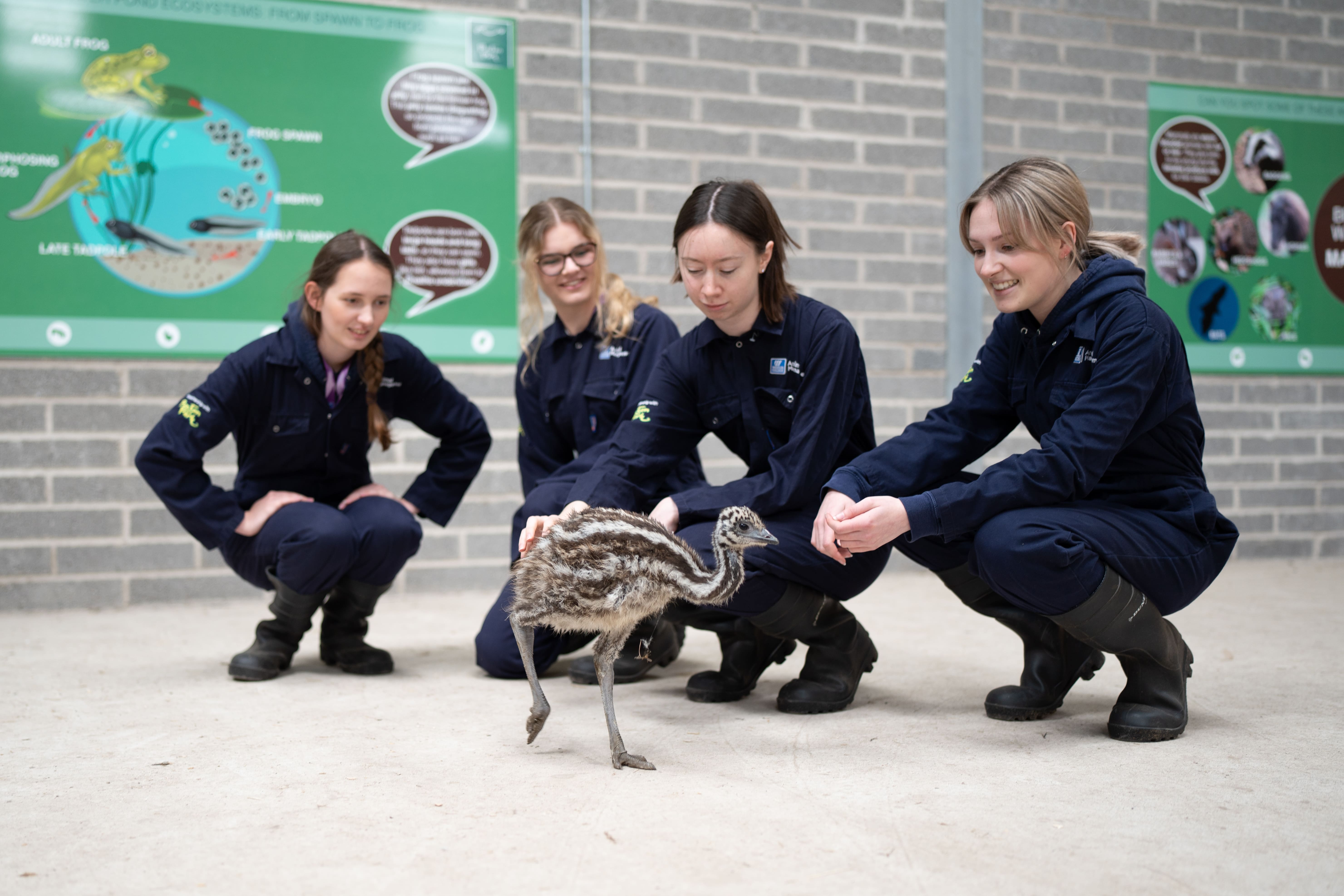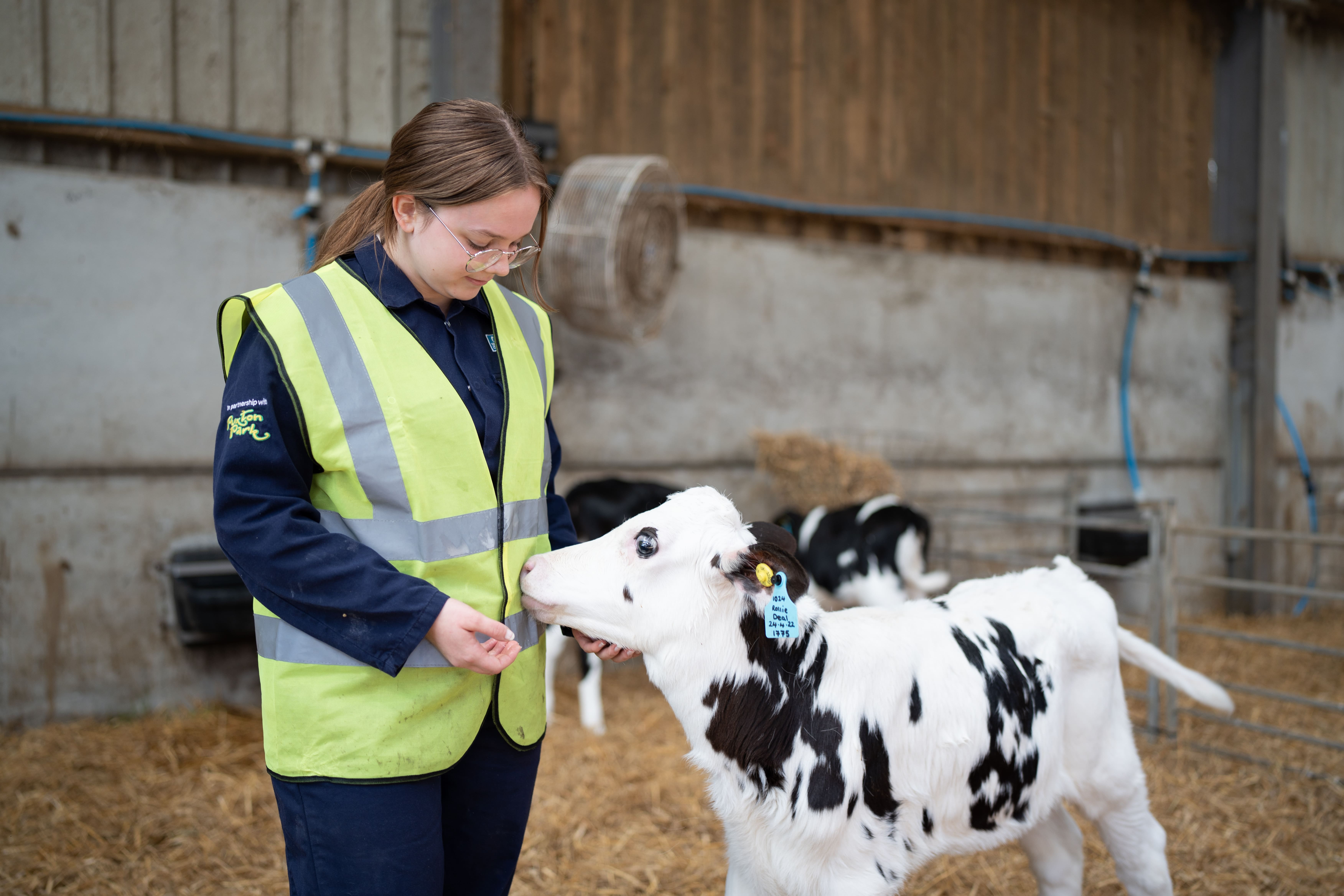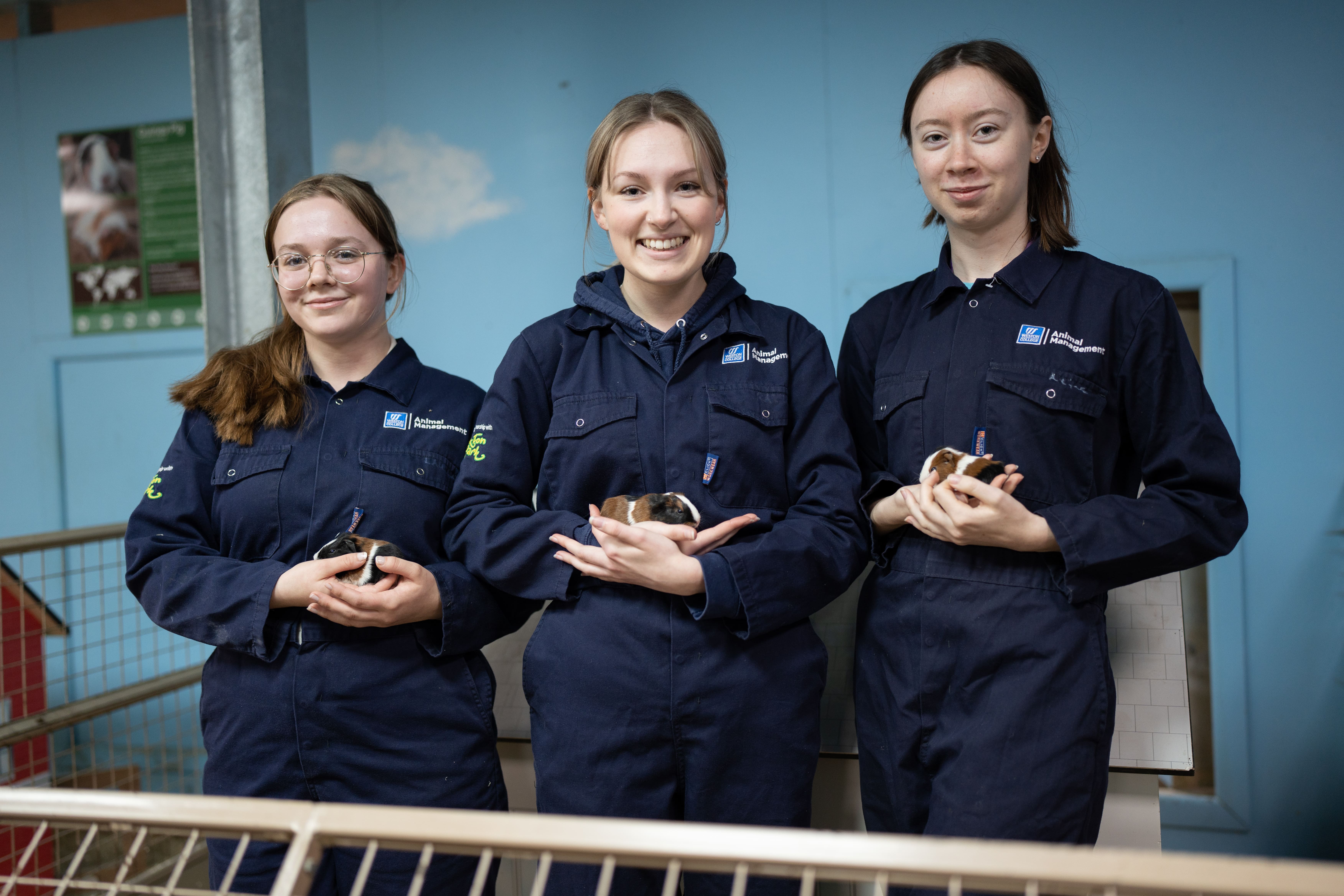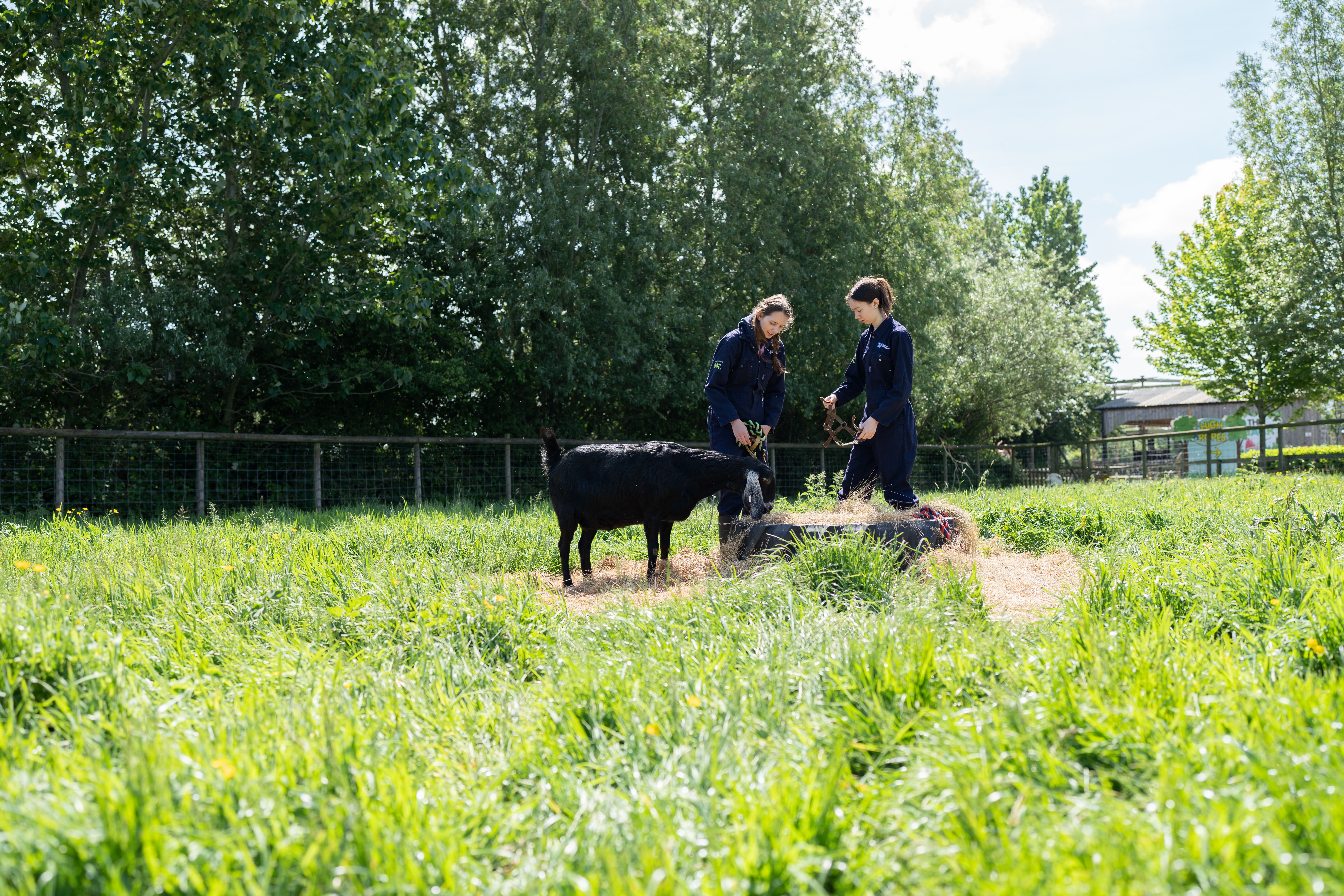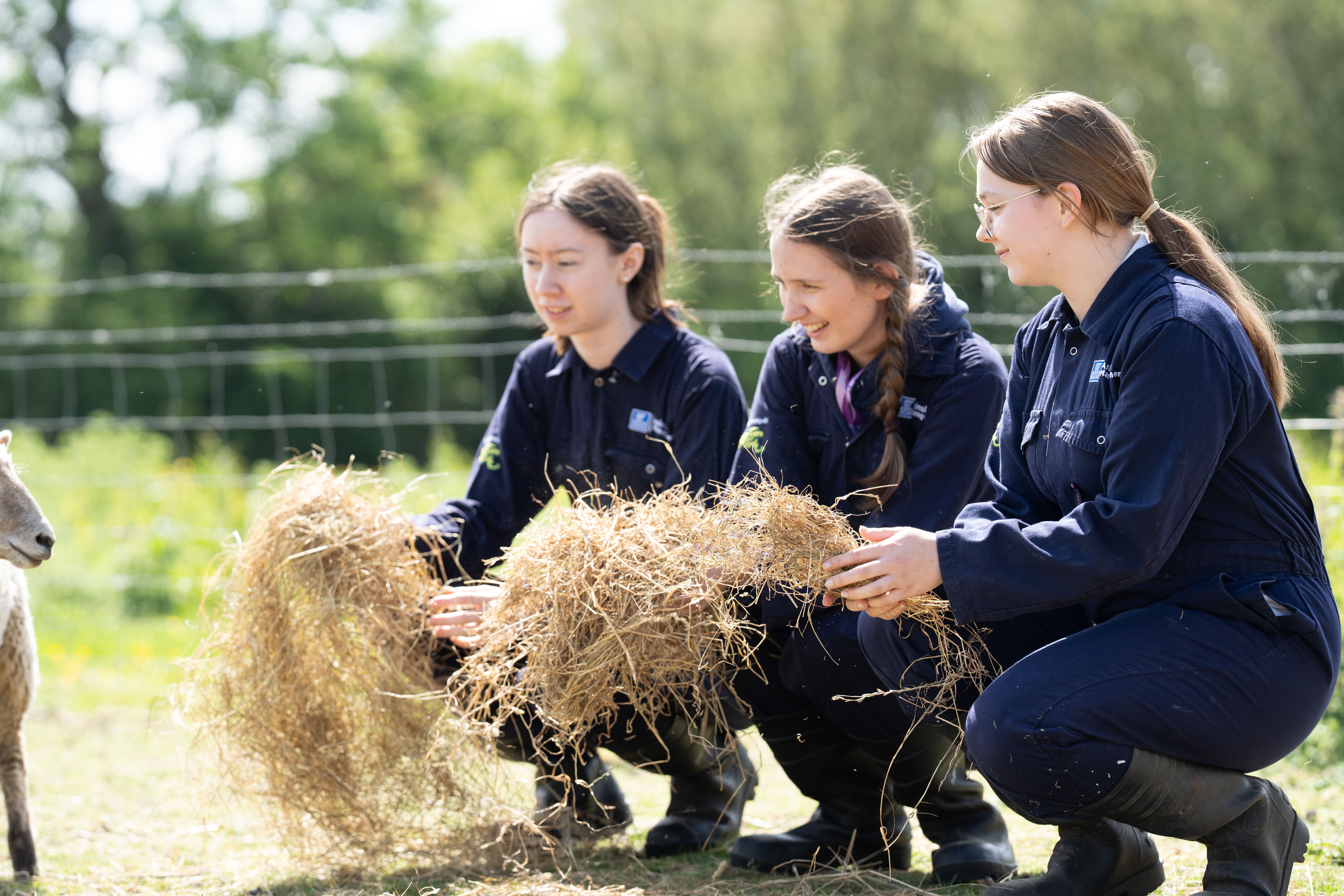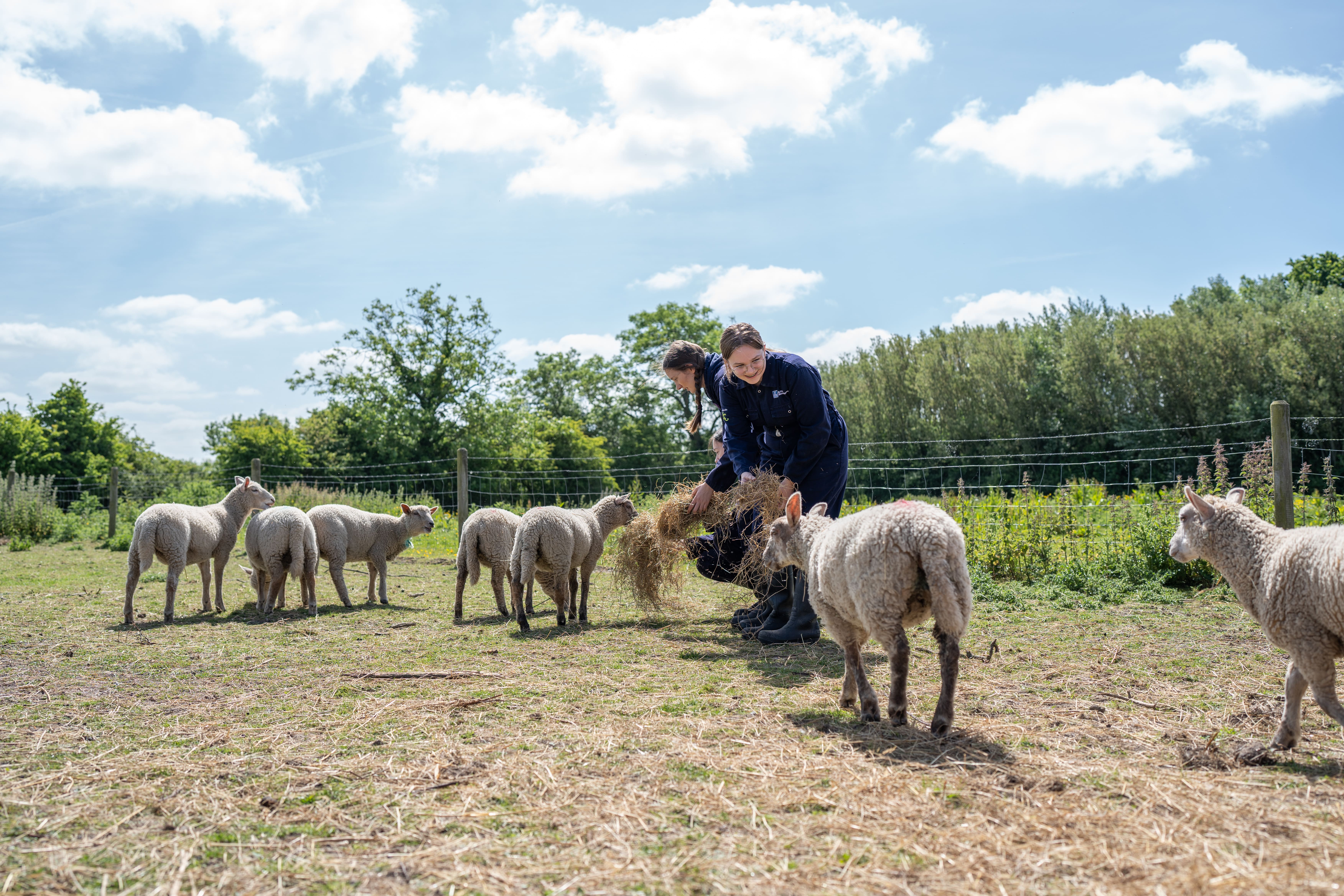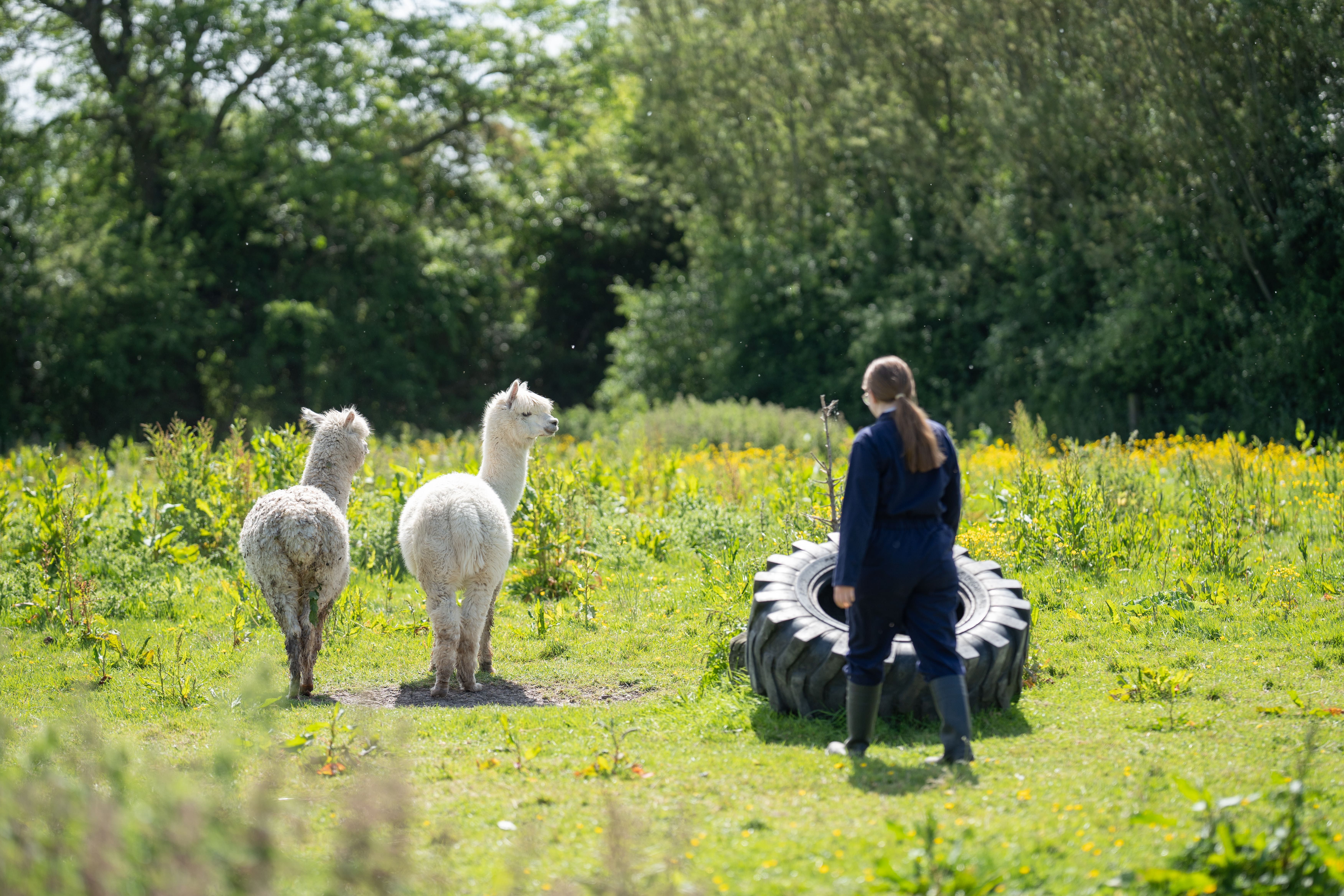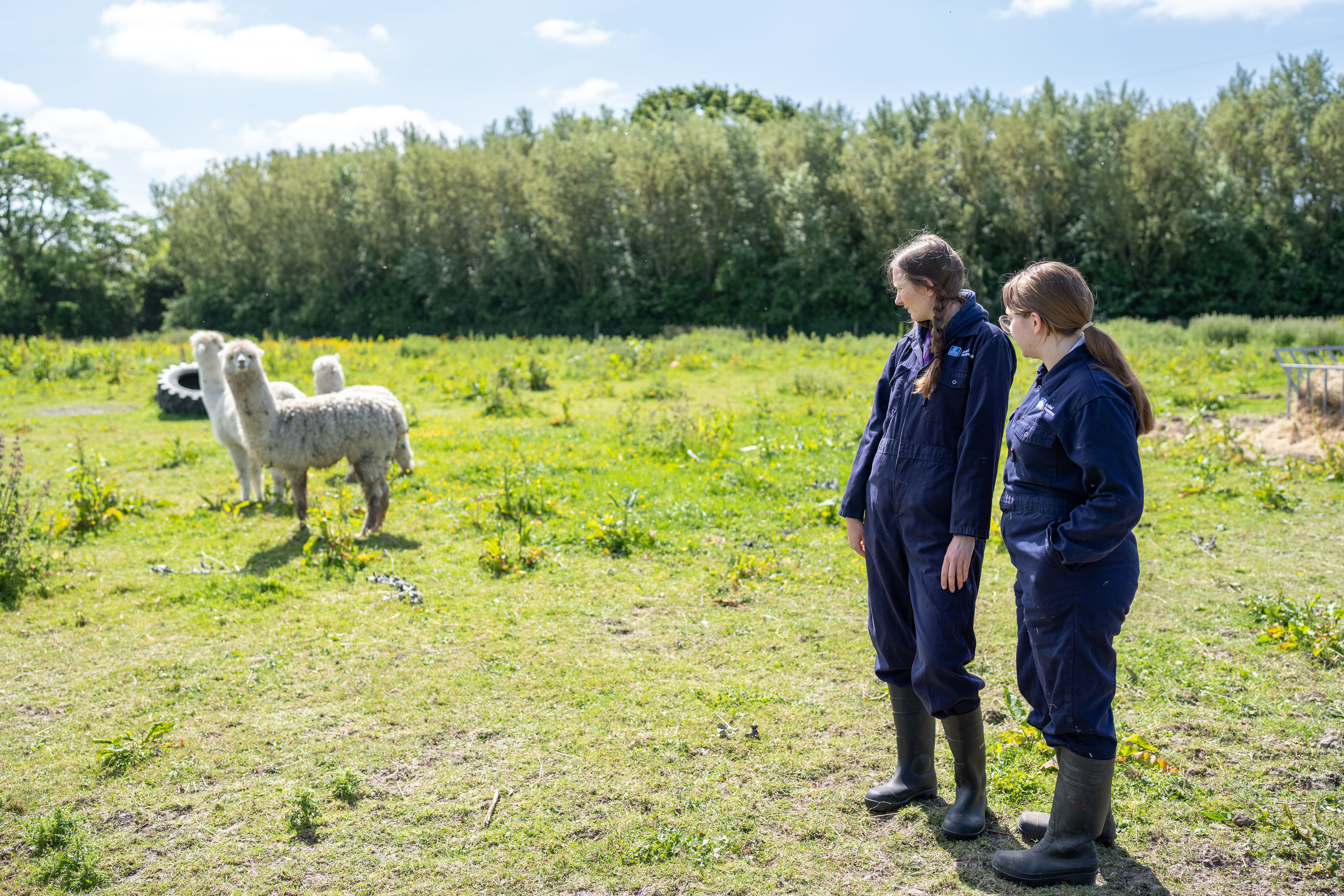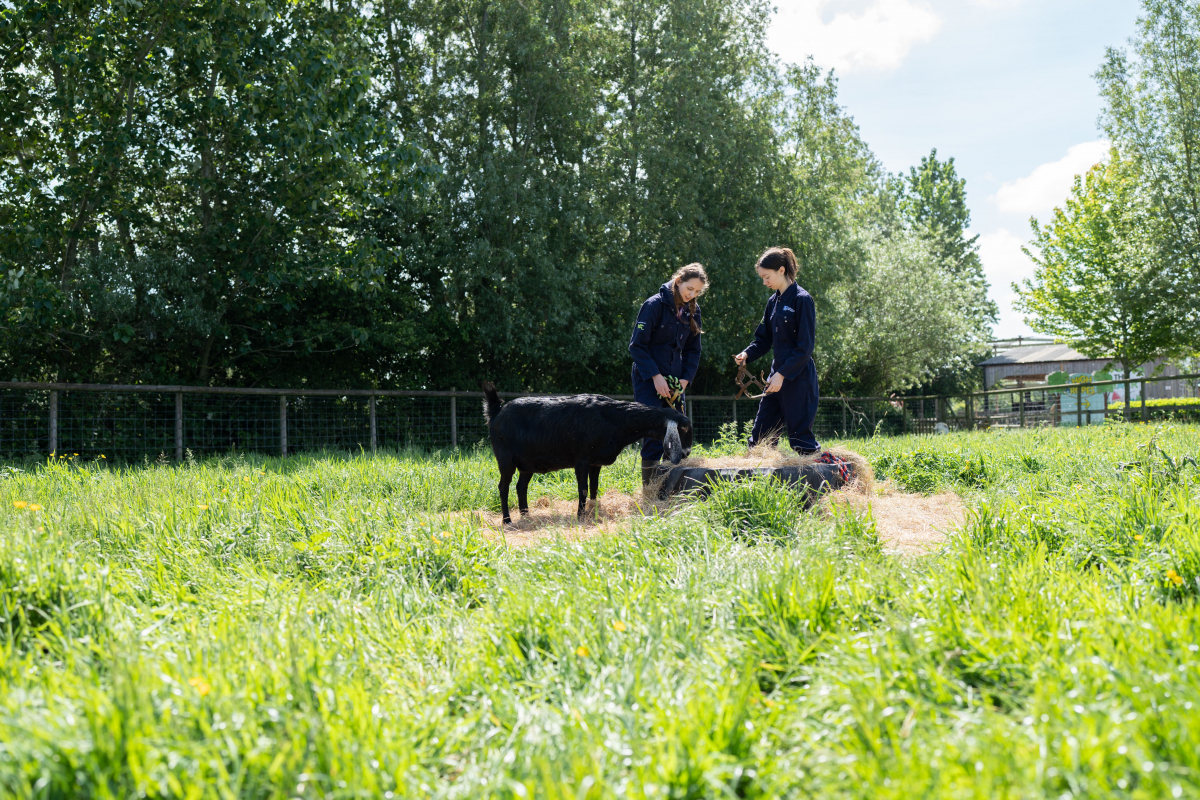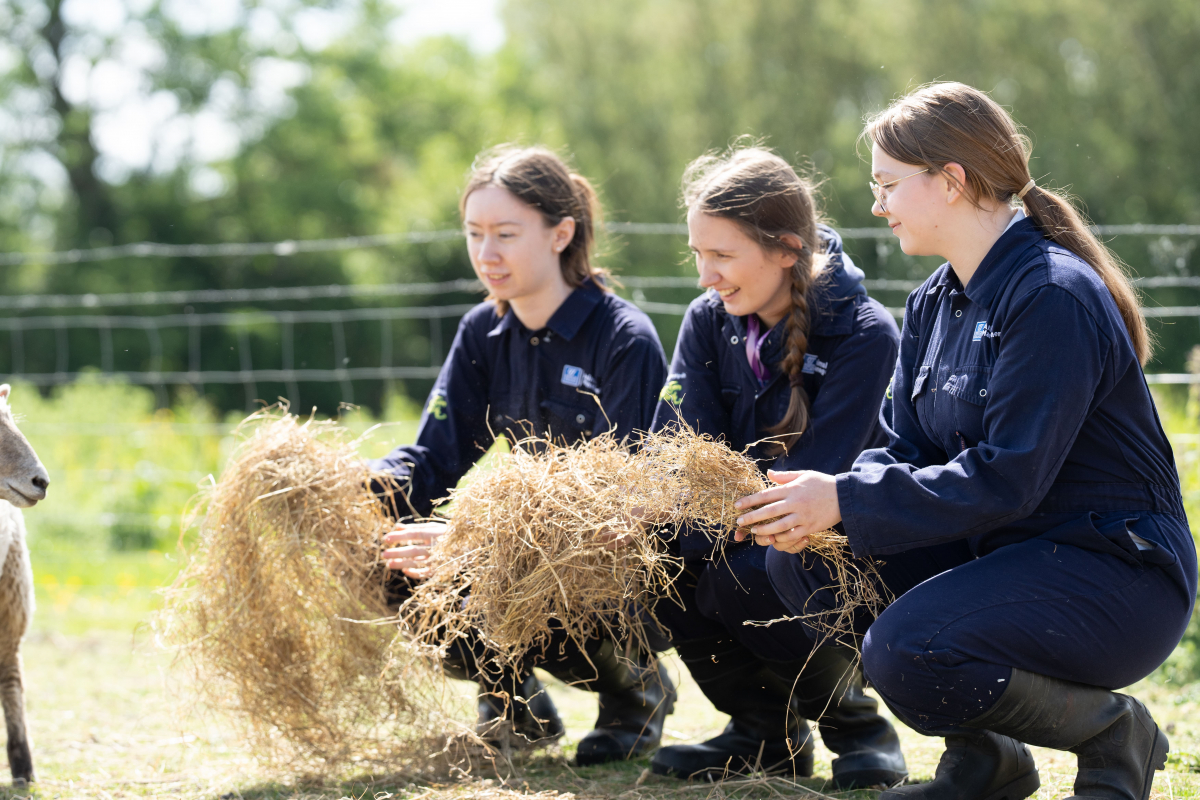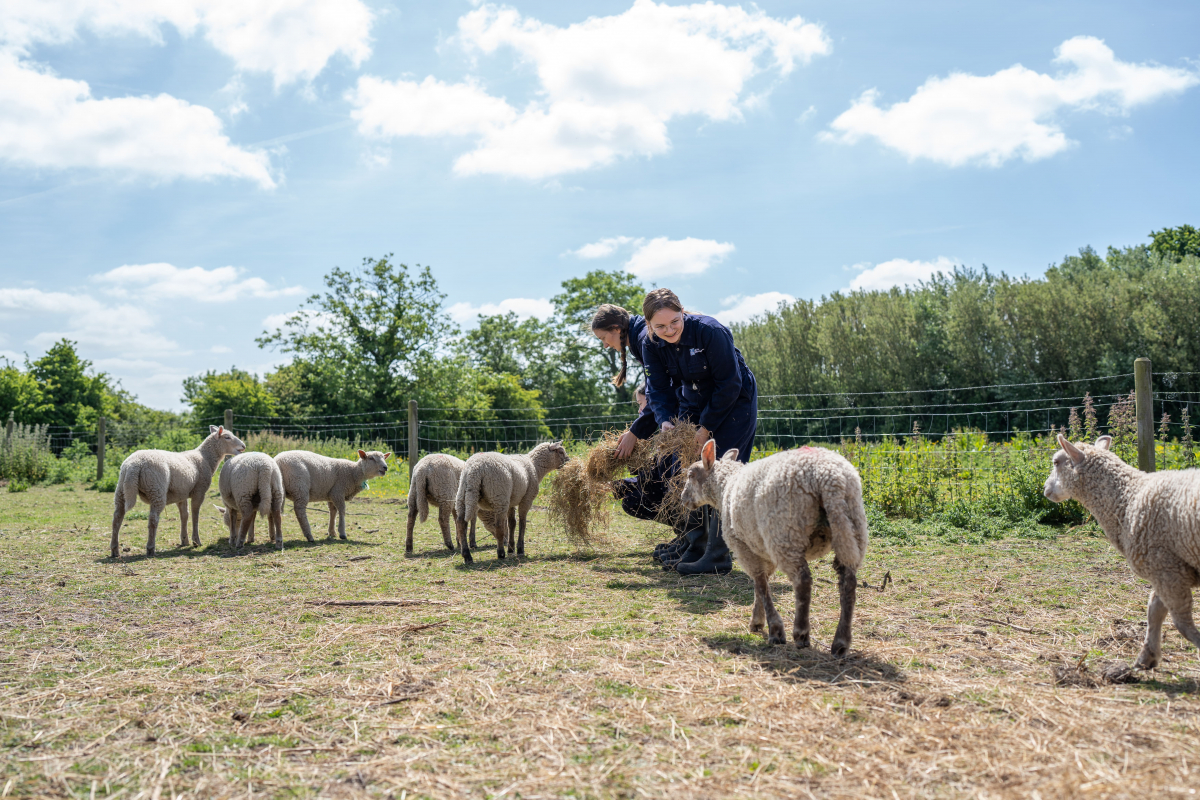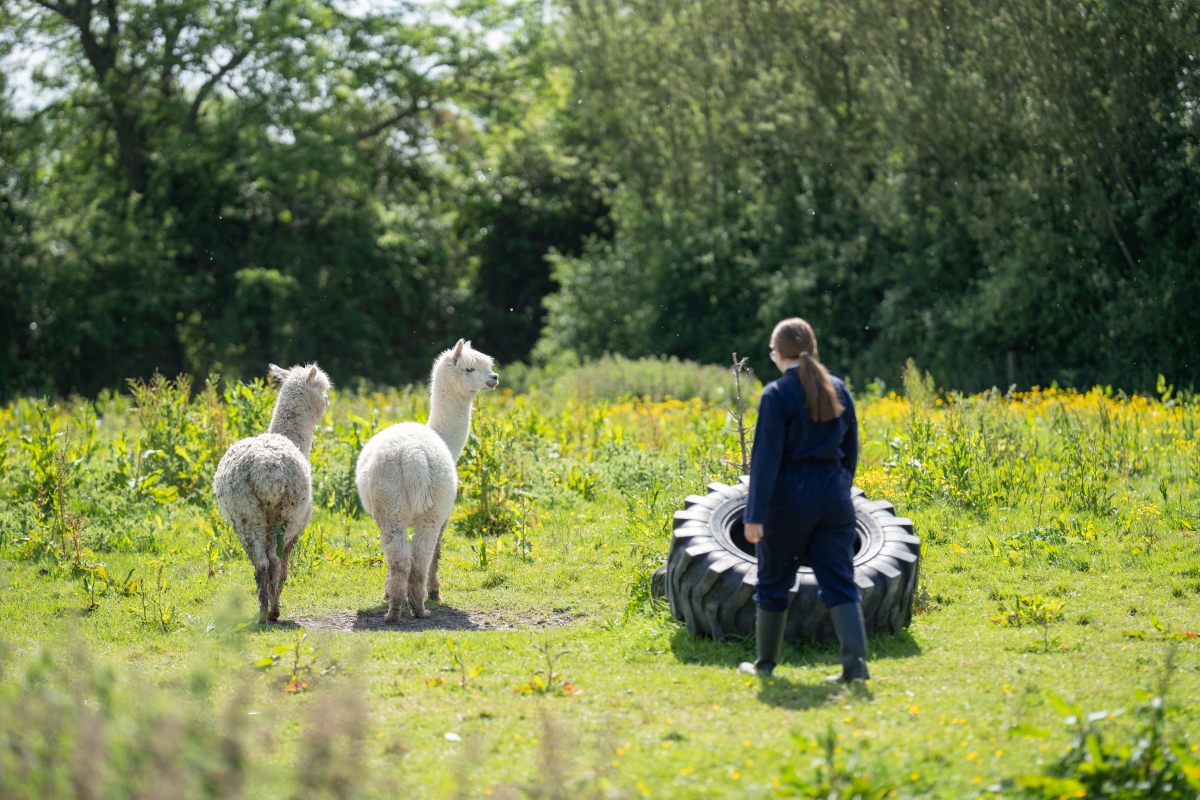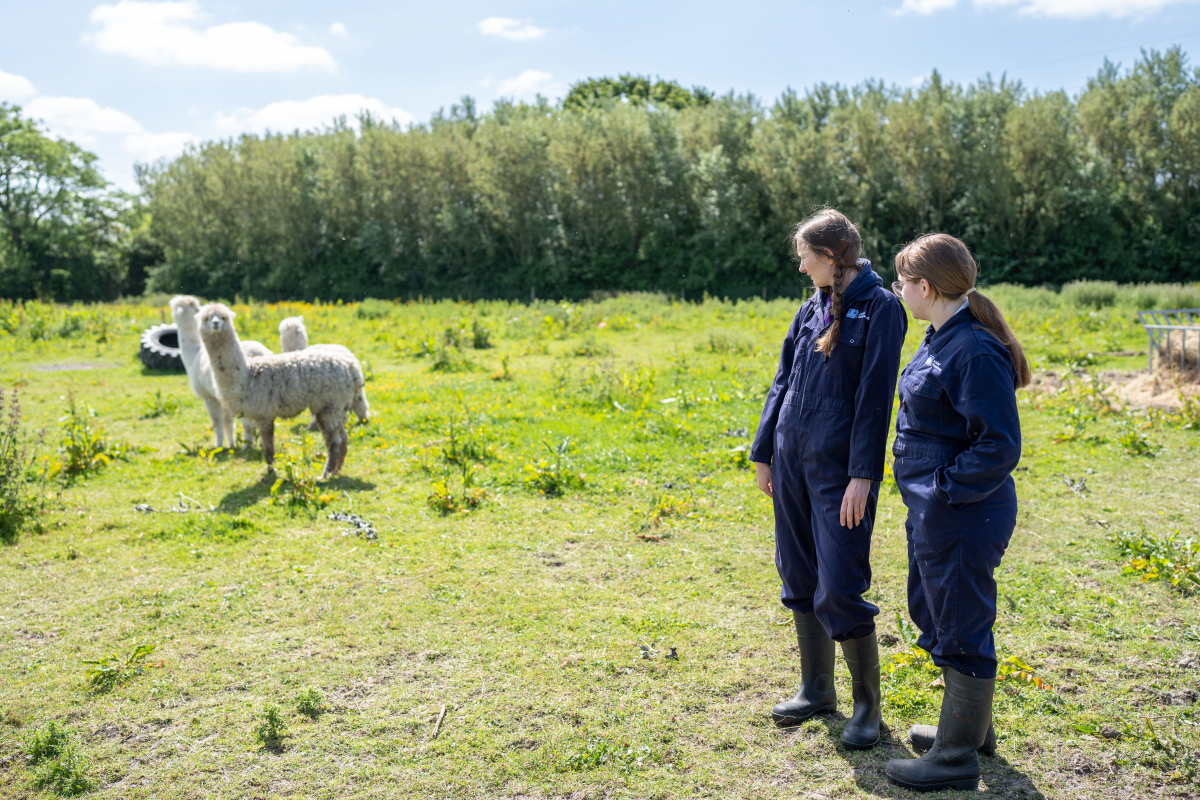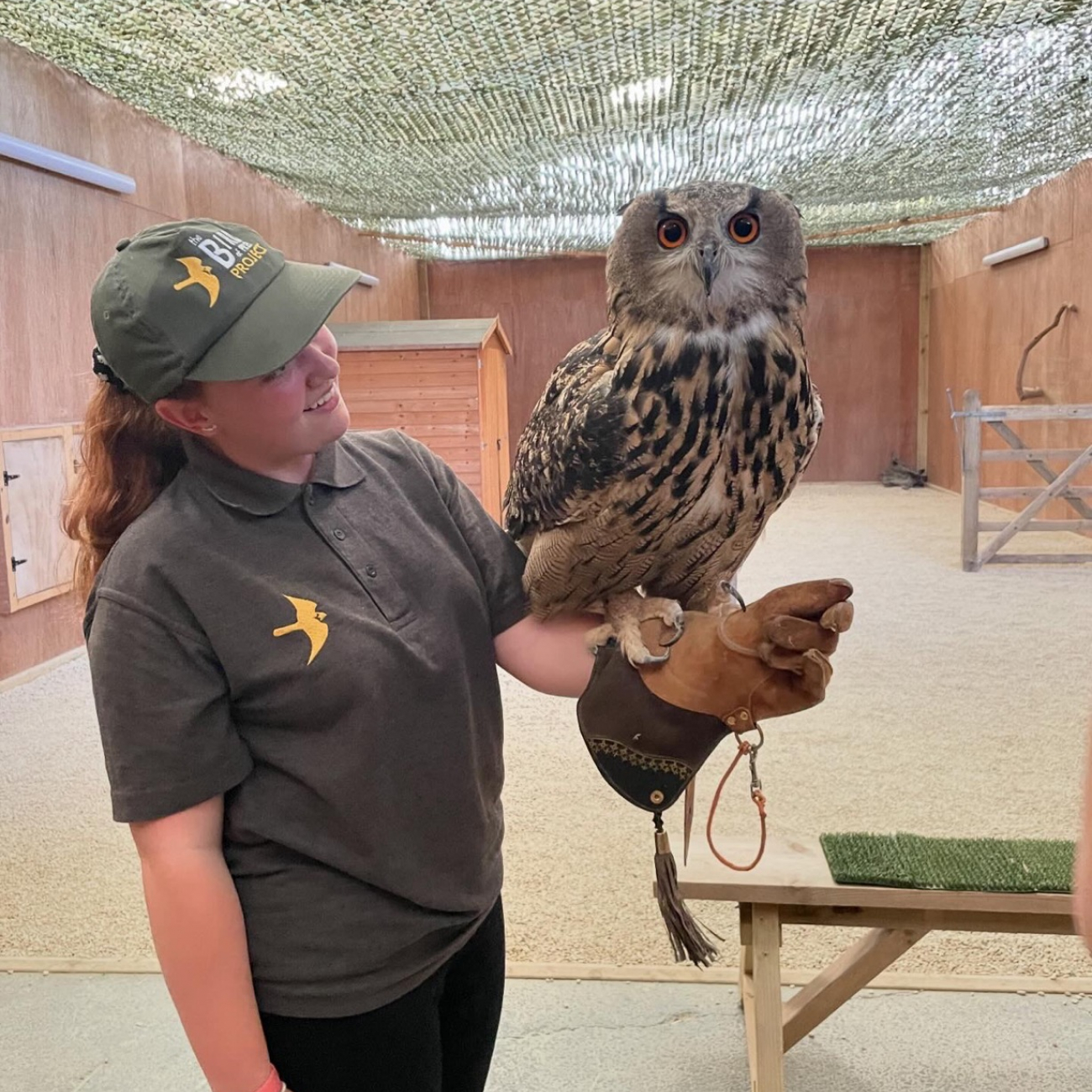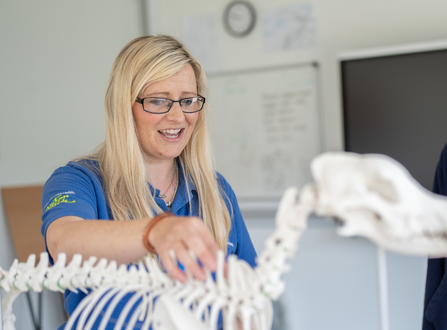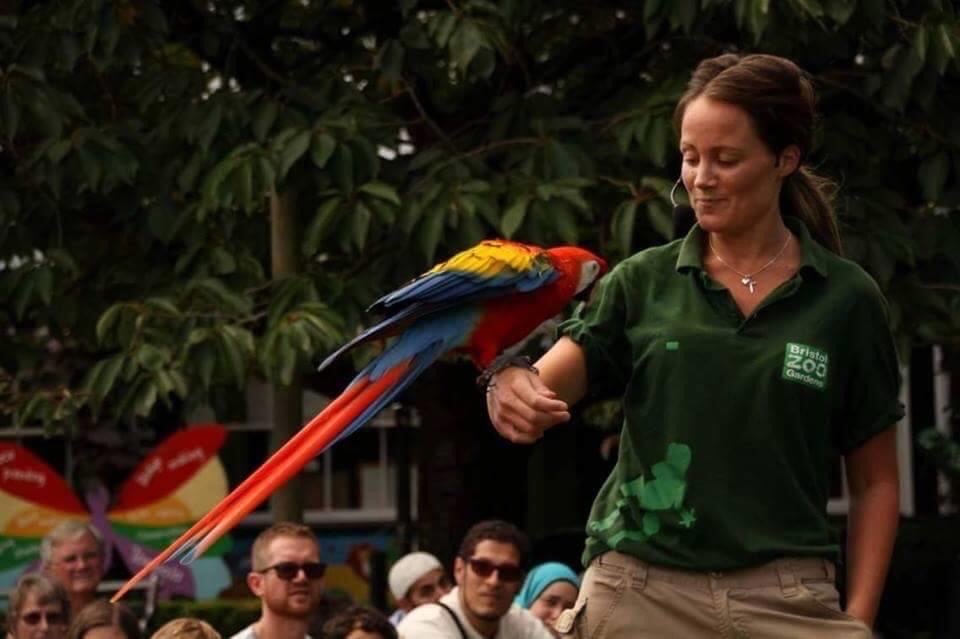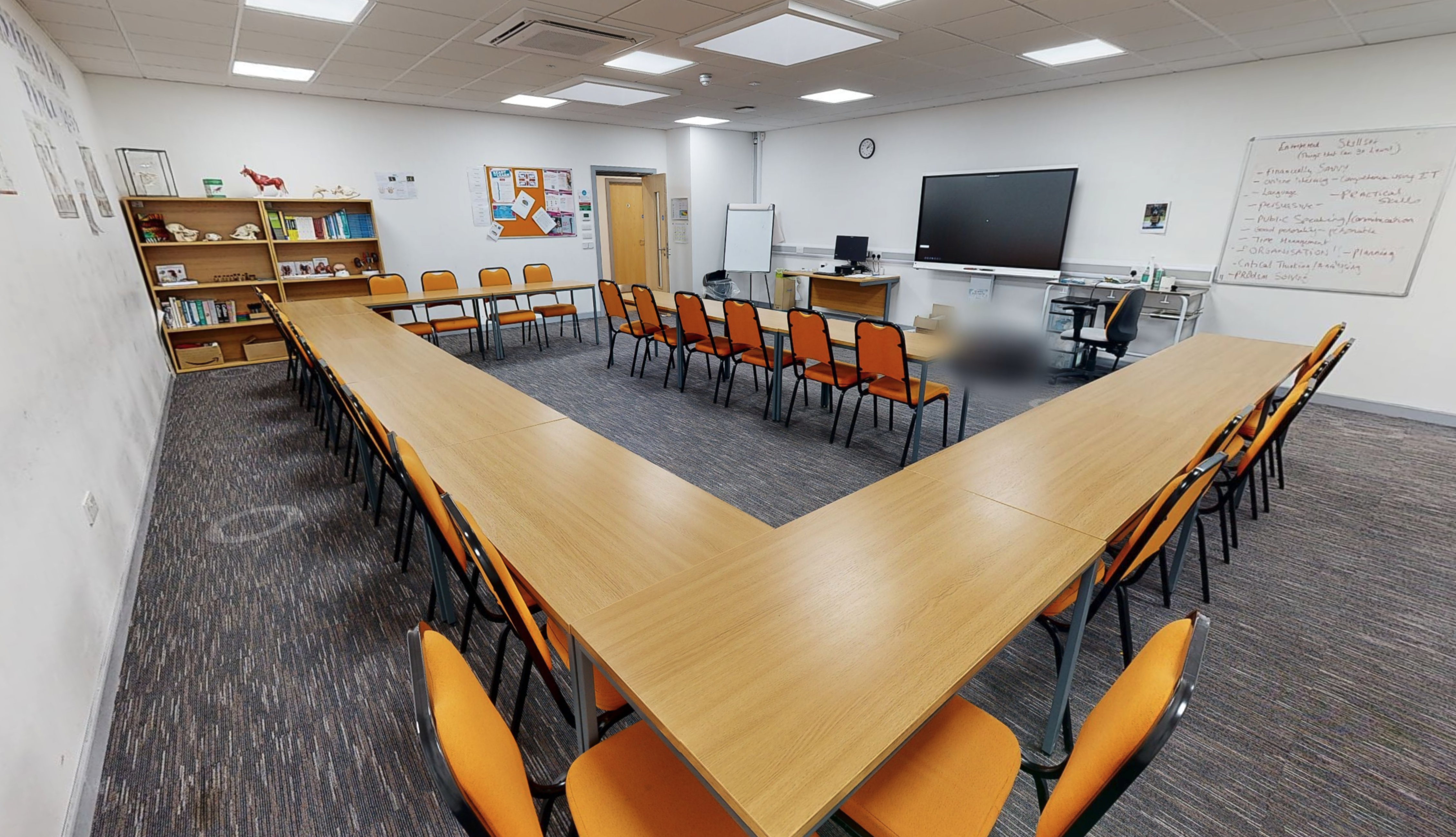<p><span style="font-size:inherit;" data-teams="true">Weston College proudly announces a remarkable <strong>96.6% pass rate</strong> for its T Level students, <strong>exceeding the national average by 5.6%.</strong> This achievement highlights the college's dedication to providing exceptional technical education and preparing students for successful careers. </span></p><p><span style="font-size:inherit;" data-teams="true"><strong>T Levels are rigorous two-year qualifications, equivalent to three A Levels, designed in collaboration with employers to equip students with the skills and experience demanded by industry</strong>. Weston College's impressive results reflect the dedication of both students and staff in embracing this innovative educational pathway. </span></p><p><span style="font-size:inherit;" data-teams="true">In celebration of this success, Weston College is excited to expand its T Level offerings for the upcoming academic year. This September 2025, prospective students can enrol in the following T Level courses: </span></p><ul><li><a class="fui-Link ___1q1shib f2hkw1w f3rmtva f1ewtqcl fyind8e f1k6fduh f1w7gpdv fk6fouc fjoy568 figsok6 f1s184ao f1mk8lai fnbmjn9 f1o700av f13mvf36 f1cmlufx f9n3di6 f1ids18y f1tx3yz7 f1deo86v f1eh06m1 f1iescvh fhgqx19 f1olyrje f1p93eir f1nev41a f1h8hb77 f1lqvz6u f10aw75t fsle3fq f17ae5zn" href="https://www.weston.ac.uk/what-can-i-study/courses-16-18-year-olds/anima…; aria-label="Link Animal Management" id="menur2d5" rel="noreferrer noopener" target="_blank" title="https://www.weston.ac.uk/what-can-i-study/courses-16-18-year-olds/anima… style="font-size:inherit;" data-teams="true"><strong>Animal Management</strong></span></a><span style="font-size:inherit;" data-teams="true">: Specialising in either Behaviour or Science, this course prepares students for careers in animal care, veterinary services, and zoological research.</span></li><li><a class="fui-Link ___1q1shib f2hkw1w f3rmtva f1ewtqcl fyind8e f1k6fduh f1w7gpdv fk6fouc fjoy568 figsok6 f1s184ao f1mk8lai fnbmjn9 f1o700av f13mvf36 f1cmlufx f9n3di6 f1ids18y f1tx3yz7 f1deo86v f1eh06m1 f1iescvh fhgqx19 f1olyrje f1p93eir f1nev41a f1h8hb77 f1lqvz6u f10aw75t fsle3fq f17ae5zn" href="https://www.weston.ac.uk/what-can-i-study/courses-16-18-year-olds/educa…; aria-label="Link Early Years" id="menur2d8" rel="noreferrer noopener" target="_blank" title="https://www.weston.ac.uk/what-can-i-study/courses-16-18-year-olds/educa… style="font-size:inherit;" data-teams="true"><strong>Early Years</strong></span></a><span style="font-size:inherit;" data-teams="true">: Offering pathways in Early Years Education and Assisting Teaching, students gain the skills needed for roles in childcare settings and educational support.</span></li><li><a class="fui-Link ___1q1shib f2hkw1w f3rmtva f1ewtqcl fyind8e f1k6fduh f1w7gpdv fk6fouc fjoy568 figsok6 f1s184ao f1mk8lai fnbmjn9 f1o700av f13mvf36 f1cmlufx f9n3di6 f1ids18y f1tx3yz7 f1deo86v f1eh06m1 f1iescvh fhgqx19 f1olyrje f1p93eir f1nev41a f1h8hb77 f1lqvz6u f10aw75t fsle3fq f17ae5zn" href="https://www.weston.ac.uk/what-can-i-study/courses-16-18-year-olds/busin…; aria-label="Link Business Management and Leadership" id="menur2db" rel="noreferrer noopener" target="_blank" title="https://www.weston.ac.uk/what-can-i-study/courses-16-18-year-olds/busin… style="font-size:inherit;" data-teams="true"><strong>Business Management and Leadership</strong></span></a><span style="font-size:inherit;" data-teams="true">: Equips students with strategic and operational skills applicable across various sectors, paving the way for careers in management, marketing, and human resources.</span></li><li><a class="fui-Link ___1q1shib f2hkw1w f3rmtva f1ewtqcl fyind8e f1k6fduh f1w7gpdv fk6fouc fjoy568 figsok6 f1s184ao f1mk8lai fnbmjn9 f1o700av f13mvf36 f1cmlufx f9n3di6 f1ids18y f1tx3yz7 f1deo86v f1eh06m1 f1iescvh fhgqx19 f1olyrje f1p93eir f1nev41a f1h8hb77 f1lqvz6u f10aw75t fsle3fq f17ae5zn" href="https://www.weston.ac.uk/what-can-i-study/courses-16-18-year-olds/surve…; aria-label="Link Construction" id="menur2de" rel="noreferrer noopener" target="_blank" title="https://www.weston.ac.uk/what-can-i-study/courses-16-18-year-olds/surve… style="font-size:inherit;" data-teams="true"><strong>Construction</strong></span></a><span style="font-size:inherit;" data-teams="true">: Focusing on Design, Surveying, and Planning, this course prepares students for professions such as architecture, surveying, and project management.</span></li><li><a class="fui-Link ___1q1shib f2hkw1w f3rmtva f1ewtqcl fyind8e f1k6fduh f1w7gpdv fk6fouc fjoy568 figsok6 f1s184ao f1mk8lai fnbmjn9 f1o700av f13mvf36 f1cmlufx f9n3di6 f1ids18y f1tx3yz7 f1deo86v f1eh06m1 f1iescvh fhgqx19 f1olyrje f1p93eir f1nev41a f1h8hb77 f1lqvz6u f10aw75t fsle3fq f17ae5zn" href="https://www.weston.ac.uk/what-can-i-study/courses-16-18-year-olds/compu…; aria-label="Link Digital" id="menur2dh" rel="noreferrer noopener" target="_blank" title="https://www.weston.ac.uk/what-can-i-study/courses-16-18-year-olds/compu… style="font-size:inherit;" data-teams="true"><strong>Digital</strong></span></a><span style="font-size:inherit;" data-teams="true">: With pathways in Production, Design, Development, and Support Services, students are prepared for careers in software development, IT systems, and cybersecurity.</span></li><li><a class="fui-Link ___1q1shib f2hkw1w f3rmtva f1ewtqcl fyind8e f1k6fduh f1w7gpdv fk6fouc fjoy568 figsok6 f1s184ao f1mk8lai fnbmjn9 f1o700av f13mvf36 f1cmlufx f9n3di6 f1ids18y f1tx3yz7 f1deo86v f1eh06m1 f1iescvh fhgqx19 f1olyrje f1p93eir f1nev41a f1h8hb77 f1lqvz6u f10aw75t fsle3fq f17ae5zn" href="https://www.weston.ac.uk/what-can-i-study/courses-16-18-year-olds/engin…; aria-label="Link Engineering and Manufacturing" id="menur2dk" rel="noreferrer noopener" target="_blank" title="https://www.weston.ac.uk/what-can-i-study/courses-16-18-year-olds/engin… style="font-size:inherit;" data-teams="true"><strong>Engineering and Manufacturing</strong></span></a><span style="font-size:inherit;" data-teams="true">: Provides comprehensive training in mechanical, electrical, and manufacturing engineering, leading to opportunities in industries like aerospace and green energy. </span></li><li><a class="fui-Link ___1q1shib f2hkw1w f3rmtva f1ewtqcl fyind8e f1k6fduh f1w7gpdv fk6fouc fjoy568 figsok6 f1s184ao f1mk8lai fnbmjn9 f1o700av f13mvf36 f1cmlufx f9n3di6 f1ids18y f1tx3yz7 f1deo86v f1eh06m1 f1iescvh fhgqx19 f1olyrje f1p93eir f1nev41a f1h8hb77 f1lqvz6u f10aw75t fsle3fq f17ae5zn" href="https://www.weston.ac.uk/what-can-i-study/courses-16-18-year-olds/law-t…; aria-label="Link Legal Services" id="menur2dn" rel="noreferrer noopener" target="_blank" title="https://www.weston.ac.uk/what-can-i-study/courses-16-18-year-olds/law-t… style="font-size:inherit;" data-teams="true"><strong>Legal Services</strong></span></a><span style="font-size:inherit;" data-teams="true">: Introduces students to the legal sector, preparing them for roles such as paralegals and legal executives.</span></li><li><a class="fui-Link ___1q1shib f2hkw1w f3rmtva f1ewtqcl fyind8e f1k6fduh f1w7gpdv fk6fouc fjoy568 figsok6 f1s184ao f1mk8lai fnbmjn9 f1o700av f13mvf36 f1cmlufx f9n3di6 f1ids18y f1tx3yz7 f1deo86v f1eh06m1 f1iescvh fhgqx19 f1olyrje f1p93eir f1nev41a f1h8hb77 f1lqvz6u f10aw75t fsle3fq f17ae5zn" href="https://www.weston.ac.uk/what-can-i-study/courses-16-18-year-olds/creat…; aria-label="Link Media, Broadcast, and Production" id="menur2dq" rel="noreferrer noopener" target="_blank" title="https://www.weston.ac.uk/what-can-i-study/courses-16-18-year-olds/creat… style="font-size:inherit;" data-teams="true"><strong>Media, Broadcast, and Production</strong></span></a><span style="font-size:inherit;" data-teams="true">: Combines technical expertise with storytelling, suitable for careers in television, radio, and digital media.</span></li><li><a class="fui-Link ___1q1shib f2hkw1w f3rmtva f1ewtqcl fyind8e f1k6fduh f1w7gpdv fk6fouc fjoy568 figsok6 f1s184ao f1mk8lai fnbmjn9 f1o700av f13mvf36 f1cmlufx f9n3di6 f1ids18y f1tx3yz7 f1deo86v f1eh06m1 f1iescvh fhgqx19 f1olyrje f1p93eir f1nev41a f1h8hb77 f1lqvz6u f10aw75t fsle3fq f17ae5zn" href="https://www.weston.ac.uk/what-can-i-study/courses-16-18-year-olds/t-lev…; aria-label="Link Science" id="menur2dt" rel="noreferrer noopener" target="_blank" title="https://www.weston.ac.uk/what-can-i-study/courses-16-18-year-olds/t-lev… style="font-size:inherit;" data-teams="true"><strong>Science</strong></span></a><span style="font-size:inherit;" data-teams="true">: Offers practical skills in laboratory techniques and data analysis, opening doors to careers in healthcare, pharmaceuticals, and environmental science. </span></li></ul><p><span style="font-size:inherit;" data-teams="true">These courses are designed to provide students with a <strong>blend of classroom learning and substantial industry placements</strong>, ensuring they graduate with both theoretical knowledge and practical experience. </span></p><p><span style="font-size:inherit;" data-teams="true">Pat Jones, Principal and Chief Executive of Weston College, expressed pride in the College's accomplishments: </span></p><p><span style="font-size:inherit;" data-teams="true">"These results highlight the dedication and hard work of our students, demonstrating once again the excellent progress our students make toward higher education or employment. At Weston College, our focus extends beyond helping students pass exams—we are committed to equipping them for their future careers." </span></p><p><span style="font-size:inherit;" data-teams="true">Weston College remains dedicated to fostering an environment where students can achieve academic excellence and gain the practical skills necessary for their chosen careers. The expansion of T Level courses reflects the College's ongoing commitment to meeting the evolving needs of both students and the industries they aspire to join. </span></p><p><span style="font-size:inherit;" data-teams="true">For more information on T Level courses and application details, please click </span><a class="fui-Link ___1q1shib f2hkw1w f3rmtva f1ewtqcl fyind8e f1k6fduh f1w7gpdv fk6fouc fjoy568 figsok6 f1s184ao f1mk8lai fnbmjn9 f1o700av f13mvf36 f1cmlufx f9n3di6 f1ids18y f1tx3yz7 f1deo86v f1eh06m1 f1iescvh fhgqx19 f1olyrje f1p93eir f1nev41a f1h8hb77 f1lqvz6u f10aw75t fsle3fq f17ae5zn" href="https://www.weston.ac.uk/what-can-i-study/courses-16-18-year-olds/t-lev…; aria-label="Link here." id="menur2e0" rel="noreferrer noopener" target="_blank" title="https://www.weston.ac.uk/what-can-i-study/courses-16-18-year-olds/t-lev… style="background-color:inherit;font-size:inherit;" data-teams="true">here</span><span style="font-size:inherit;" data-teams="true">.</span></a><span style="font-size:inherit;" data-teams="true"> </span></p><p> </p><p><span style="font-size:x-large;" data-teams="true"><strong>Meet our past T Level Students</strong> </span></p><p> </p><h3><a href="https://www.weston.ac.uk/news/my-t-level-experiences-weston-college-and… style="font-size:inherit;" data-teams="true"><strong>Callum Kavanagh: Digital Production Design and Development T Level </strong></span></a></h3><drupal-entity alt=""callum kavanagh on a PC"" data-align="center" data-entity-type="file" data-entity-uuid="43987809-7248-4b67-830c-a460bd781448" data-embed-button="file_browser" data-entity-embed-display="image:image" data-entity-embed-display-settings="{"image_style":"max_500x500","image_link":"","image_loading":{"attribute":"lazy"}}"> </drupal-entity><p><span style="font-size:inherit;" data-teams="true">Callum embarked on the Digital Production Design and Development T Level at Weston College after completing a Level 2 course to build his foundational computing knowledge. His dedication led to an industry placement with Lloyds Banking Group, where he applied his skills in a real-world setting. Reflecting on his journey, Callum stated: </span></p><p><span style="font-size:inherit;" data-teams="true">"Before joining the DPDD T Level with Weston College, I completed a Level 2 course. This helped to build my confidence and basic computing knowledge. Once I started the T Level, I was quickly introduced to the hands-on working experience side of the course, which benefitted me greatly." </span></p><p> </p><h3><a href="https://www.weston.ac.uk/news/gretas-successful-business-t-level-journe… style="font-size:inherit;" data-teams="true"><strong>Greta: Business, Management, and Leadership T Level</strong></span></a></h3><drupal-entity alt=""Greta speaking at an employer conference"" data-align="center" data-entity-type="file" data-entity-uuid="b71a488b-a930-4384-adc4-16ad790f9a09" data-embed-button="file_browser" data-entity-embed-display="image:image" data-entity-embed-display-settings="{"image_style":"max_500x500","image_link":"","image_loading":{"attribute":"lazy"}}"> </drupal-entity><p><span style="font-size:inherit;" data-teams="true">Greta, a second-year student in the Business, Management, and Leadership T Level, secured an industry placement at Occuteach, an occupational training provider. There, she gained hands-on experience in marketing and client communications. She shared her enthusiasm: </span></p><p><span style="font-size:inherit;" data-teams="true">"The course has been very informative and engaging, providing me with valuable insights into the business world."</span></p><p> </p><h3><a href="https://www.weston.ac.uk/news/health-t-level-graduate-celebrates-her-su… style="font-size:inherit;" data-teams="true"><strong>Christiana: Health T Level Graduate</strong></span></a></h3><drupal-entity alt=""Christiana"" data-align="center" data-entity-type="file" data-entity-uuid="08e5f78b-a773-4f5c-831e-185f9eda970a" data-embed-button="file_browser" data-entity-embed-display="image:image" data-entity-embed-display-settings="{"image_style":"max_500x500","image_link":"","image_loading":{"attribute":"lazy"}}"> </drupal-entity><p><span style="font-size:inherit;" data-teams="true">Christiana completed her Health T Level and transitioned seamlessly into a Nursing Assistant role at Weston Hospital. She attributes her employment to the practical experience gained during her studies: </span></p><p><span style="font-size:inherit;" data-teams="true">"My placement during my T Level was at Weston Hospital—that experience was so incredible, and I now have a job on the ward where I did my placement." </span></p><p> </p><h3><a href="https://www.weston.ac.uk/news/graces-early-years-t-level-experience"><s… style="font-size:inherit;" data-teams="true"><strong>Grace: Early Years Educator T Level</strong></span></a></h3><drupal-entity alt=""the early years classroom"" data-align="center" data-entity-type="file" data-entity-uuid="ca26d3b0-fd26-41fa-b362-7d84d4b8a589" data-embed-button="file_browser" data-entity-embed-display="image:image" data-entity-embed-display-settings="{"image_style":"max_500x500","image_link":"","image_loading":{"attribute":"lazy"}}"> </drupal-entity><p><span style="font-size:inherit;" data-teams="true">Grace's commitment during her Early Years Educator T Level led to a summer job offer from her placement at Stationhouse Nursery in Portishead. She praised the course's balance of theoretical and practical learning: </span></p><p><span style="font-size:inherit;" data-teams="true">"The T Level was a ‘great balance of placement and college hours,’ providing her with a unique blend of classroom learning and real-world experience to put her skills into practice."</span></p>














